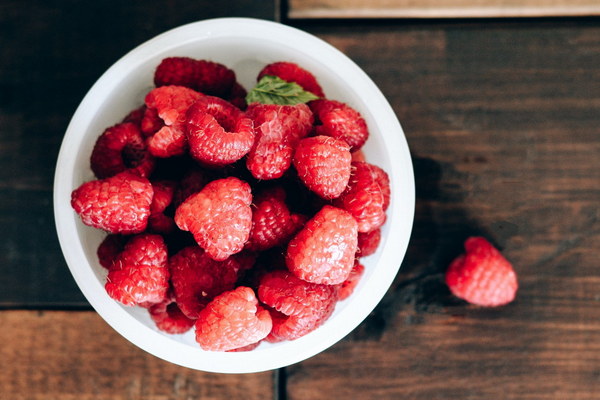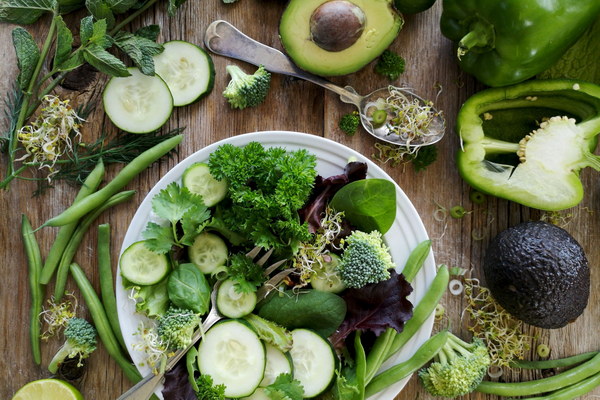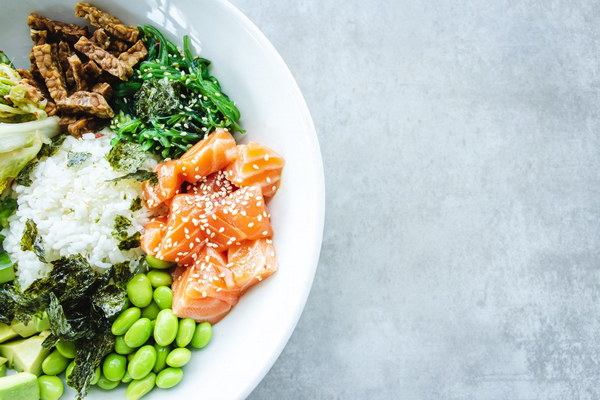Unlock the Power of Tea Discover the Best Teas for Eliminating Dampness
Best Teas for Eliminating Dampness: A Guide to Natural Remedies
In the pursuit of maintaining health and wellness, many turn to natural remedies that have been used for centuries. One such remedy is the use of certain teas that are believed to help eliminate dampness, a condition that is often associated with excess moisture in the body, leading to symptoms like fatigue, body aches, and digestive issues. Here's a guide to some of the best teas for tackling dampness and how they can benefit your health.

1. Pu-erh Tea
Originating from the Yunnan province in China, Pu-erh tea is a unique fermented tea that is renowned for its ability to aid digestion and improve metabolism. The fermentation process helps to break down the tea leaves, creating compounds that are believed to reduce dampness and promote a healthy digestive system. Regular consumption of Pu-erh tea can help alleviate symptoms of dampness, such as bloating and abdominal discomfort.
2. Oolong Tea
Oolong tea, another tea from the Chinese tradition, falls between green and black tea in terms of oxidation. It is known for its aromatic and fruity flavors. Oolong tea is often praised for its ability to balance the body's Yin and Yang energies, which can help in the elimination of dampness. It is also believed to boost the immune system and improve digestion, making it a great choice for those looking to combat dampness-related symptoms.
3. Green Tea
Green tea is a staple in many Asian cultures and is well-known for its high content of antioxidants. While it's not as potent as Pu-erh or Oolong in terms of dampness elimination, green tea can still contribute to the body's moisture balance. The high level of polyphenols in green tea can help to flush out excess moisture from the body and improve overall health. It is also associated with weight loss and has been shown to lower the risk of several chronic diseases.
4. Chrysanthemum Tea
Chrysanthemum tea is a popular herbal tea that is often used in traditional Chinese medicine. It is believed to have cooling properties that can help to alleviate dampness and heat in the body. The tea is made from the dried petals of the chrysanthemum flower and is known for its mild, sweet taste. It can be enjoyed both hot and cold and is often mixed with other herbs to enhance its benefits.
5. Peppermint Tea
Peppermint tea is a refreshing and aromatic herbal tea that is well-loved for its soothing properties. It is often used to alleviate digestive issues and can help to improve the flow of bile, which can assist in the elimination of dampness. Peppermint tea is also known for its ability to reduce stress and improve sleep quality, both of which can contribute to a healthier body and mind.
6. Ginger Tea
Ginger tea is another excellent choice for those looking to eliminate dampness. Ginger has long been used in traditional medicine for its warming properties and its ability to boost the immune system. It can help to stimulate digestion and improve circulation, both of which are important for removing dampness from the body. Ginger tea is also known for its anti-inflammatory effects and can be a great addition to any diet.
How to Use These Teas for Dampness
To effectively use these teas for dampness, it's best to drink them regularly and in moderation. Here are a few tips:
- Start with a Small Amount: Begin by drinking a small cup of tea a day and gradually increase the amount if you feel comfortable.
- Stay Hydrated: Ensure that you are drinking plenty of water throughout the day, as this can help to support the body's natural moisture balance.
- Combine with a Healthy Diet: Pair your tea with a balanced diet that is rich in fiber and low in processed foods to help manage dampness.
- Consult a Healthcare Professional: If you have specific health concerns or are taking medication, it's always a good idea to consult with a healthcare professional before making significant changes to your diet or lifestyle.
By incorporating these teas into your daily routine, you may find that you experience a reduction in dampness-related symptoms and an overall improvement in your health and well-being. Remember, while teas can be a great addition to your wellness regimen, they should be used in conjunction with a healthy lifestyle and, when necessary, medical advice.









